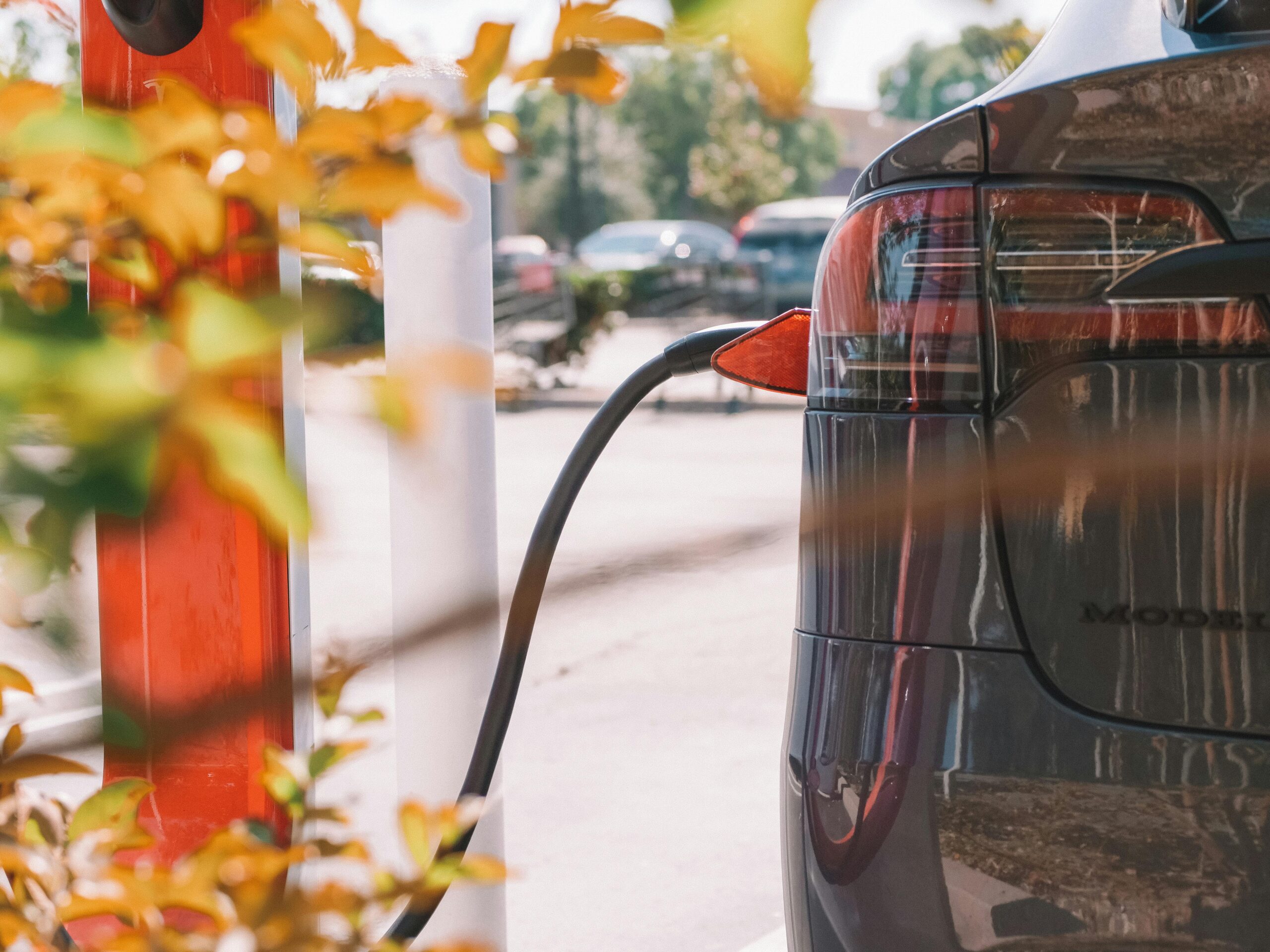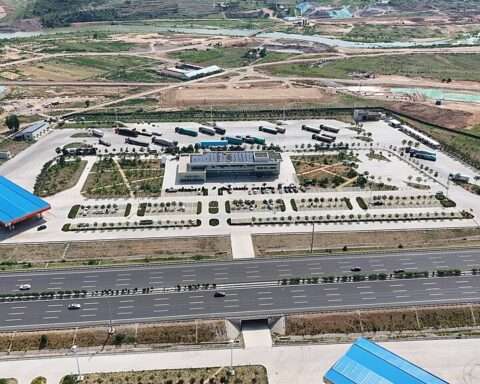Massachusetts will spend $46 million through the next biennium to add electric vehicle (EV) charging infrastructure across the state.
The goal is to build EV chargers along transportation corridors in the western and central portions of the state and for medium- and heavy-duty vehicles, and improve air quality in disadvantaged communities, the Massachusetts Department of Environmental Protection (MassDEP) said.
The funding will be made available by scaling up existing programs and creating new grant opportunities.
The grant funding will support approximately:
- $16 million in grant funding to support the purchase and installation of EV charging infrastructure across workplaces, fleets, multi-unit dwellings, educational campuses, and public access locations.
- $30 million in grant funding for medium- and heavy-duty charging at strategically located hubs, chargers along secondary corridors to support light- and medium-duty EVs, and other opportunities.
The funding allocation through fiscal year 2027 supports guidance by the Electric Vehicle Infrastructure Coordinating Council (EVICC), which published its most recent biennial assessment outlining next steps in the state’s rollout of EV chargers.
EVICC’s recommendations include:
- Deploying innovative solutions to minimize the potential grid impacts of EV charging.
- Improving information on and customer access to existing EV charging programs.
- Exploring expanded “right-to-charge” legislation for renters with stakeholders and legislative partners.
- Implementing measures to ensure EV chargers provide clear customer information, and packaging existing incentives for EV chargers at grocery stores, big box stores, small businesses in city centers, and at popular destinations.
The EVICC Assessment also recommends that the following gaps in the EV charging network be addressed:
- Fast charging along secondary transportation corridors particularly in western and central Massachusetts.
- Scaling on-street charging and charging at public transit parking lots in residential areas to support residents without off-street EV charging.
- Medium- and heavy-duty fleet charging, both for individual fleets and at depots to serve multiple fleets.
Photo by Kindel Media from Pexels













